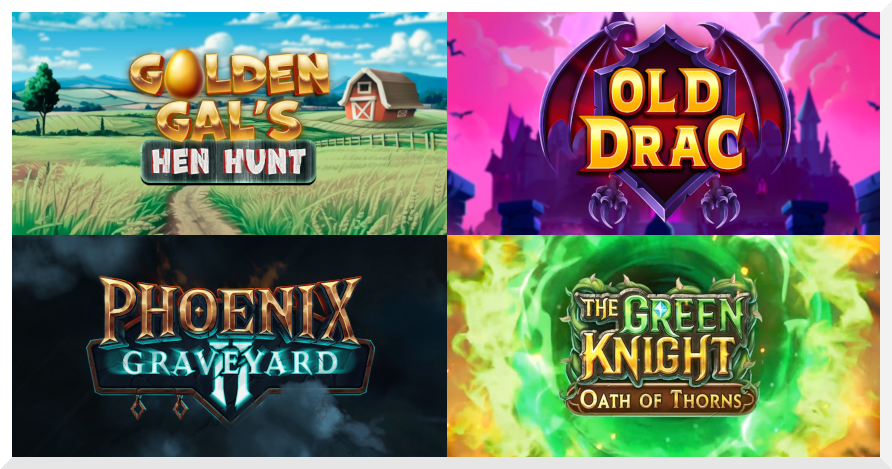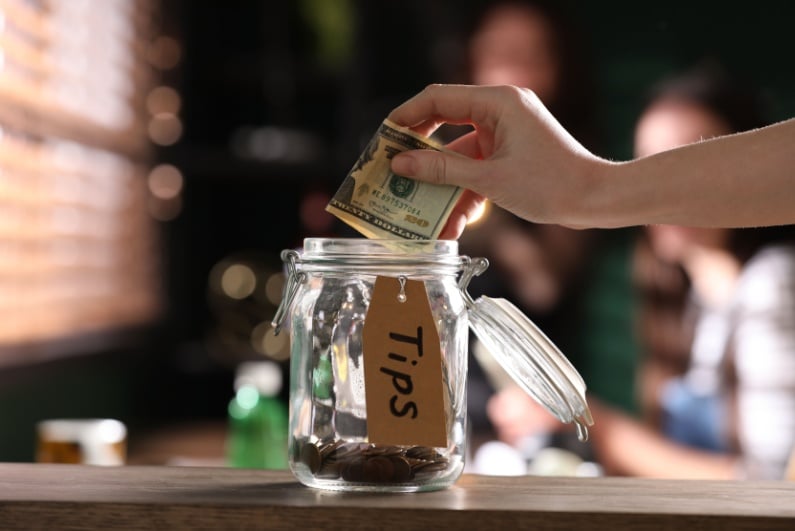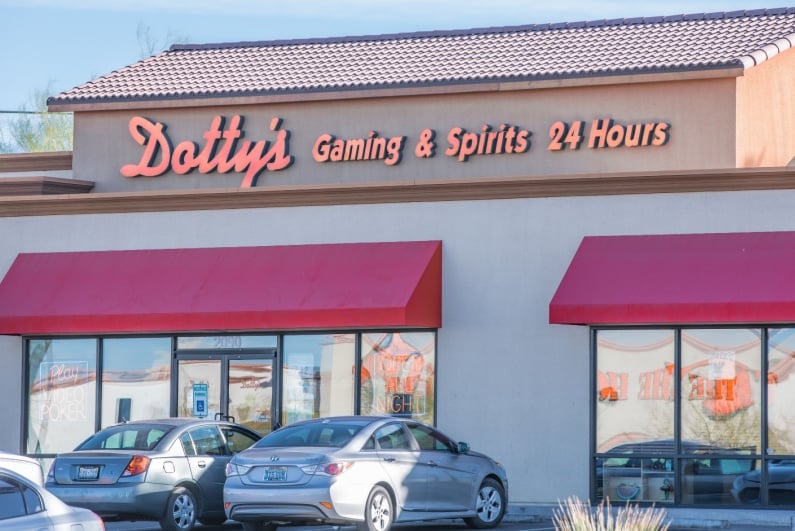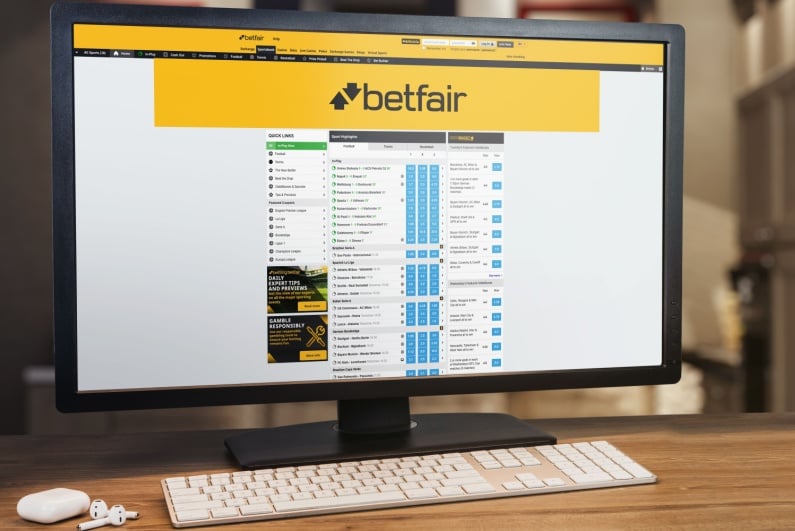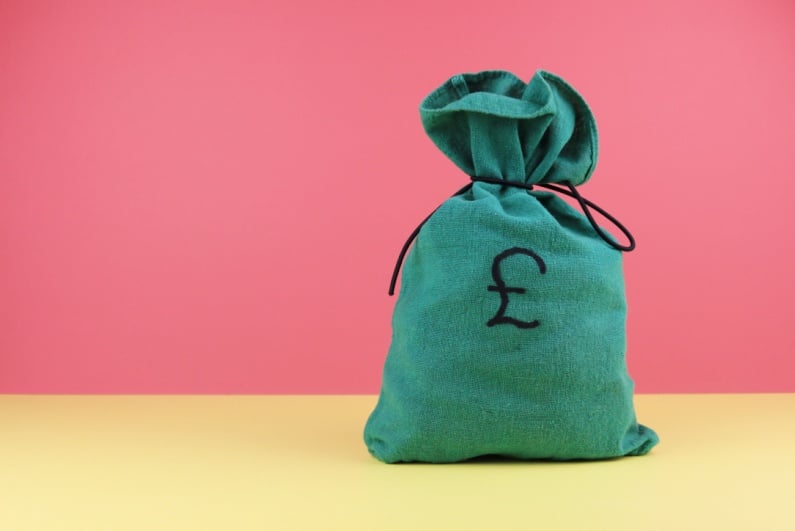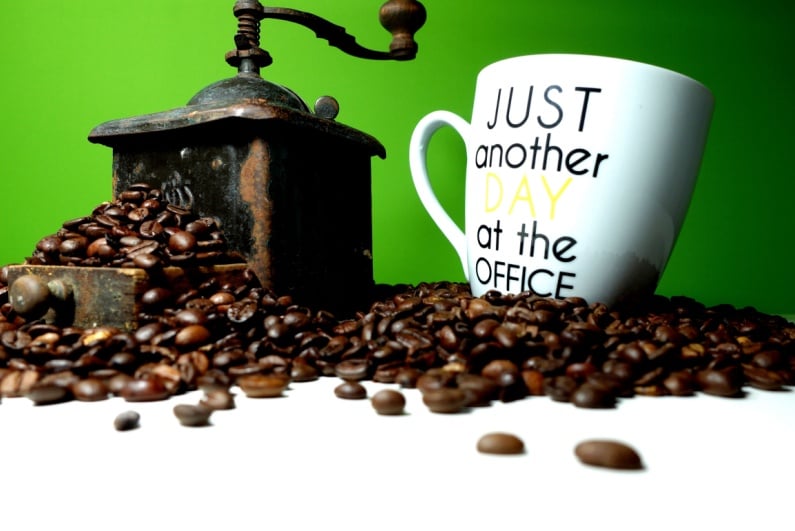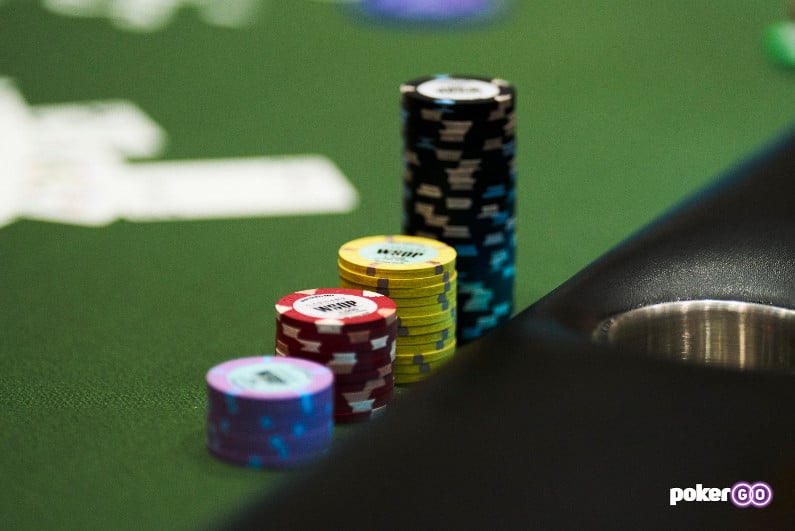
Top News Stories
Casino News
Crime
Most viewed articles
- David Lappin: The Problem With William Kassouf
- FanDuel Changes T&Cs After Tipster’s $11 MLB Parlay Wins $2.2m for Subscribers
- Thailand’s Casino Dream Fades as Prime Minister Suspended
- American Gaming Association Controversially Welcomes Big Beautiful Bill
- One Big Beautiful Bill? More Like One Big Beautiful Tax Bill
- Top News Stories
- Influencers Making Waves by Betting on Angel Reese to Miss Her First Shot in Every Game
- Dara O’Kearney: Tales From the WSOP 2025 Part 4
- Man Loses Out on Jackpot Because He Had Previously Banned Himself From Casinos
- Xposed Denied Comped Smoothie at Resorts World While Playing $25,000 Blackjack Hands


